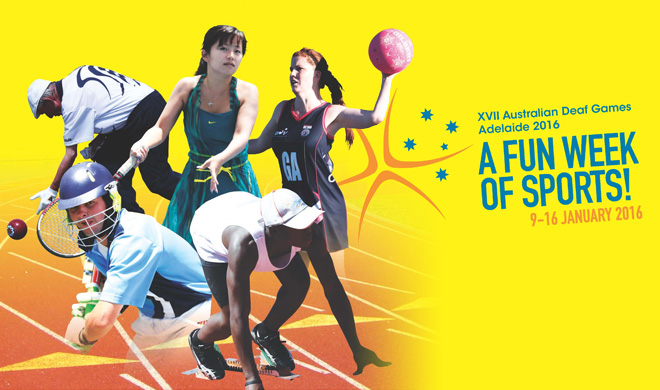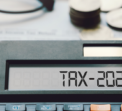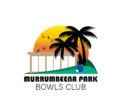Victorians in medal rush at Australian Deaf Games
Victoria’s bowls team has won three gold medals and six medals in total at the recent 2016 Australian Deaf Games in Adelaide.
Montmorency BC’s Heather Wilson won the women’s singles, and teamed with Belmont’s Lyn Raeburn for gold in the women’s pairs.
The Victorian men’s A team, skipped by Michael Barca (Bundoora RSL) and including Les Mansergh (Heathmont) and Keith and Allan Mark (Narre Warren) also won gold in their fours competition.
The Vic A team won gold by winning four out of their six games. Two of the games were won on the last bowl.
Bowls also featured a B Grade division for men’s triples, while ladies competition was divided into singles and pairs.
All of the bowling competitions had players from Victoria, WA, NSW, Queensland, as well as a New Zealand competing in our nationals.
Victoria’s B team, featuring John Hughes (Broadmeadows), Paul Williams (Burwood), Ivan Innear (Ballarat Memorial), Trevor Dunn (Grangeburn) and Don Milsom (Donald) won a silver medal, with three wins and a draw from their matches.
Raeburn in the women’s singles and Birchip BC’s Natasha Hogan (mixed triples), also won bronze medals.
It was a solid contribution from bowls from the 14 sports played to the overall Victorian medal tally at the Deaf Games of 28 gold medals.
To add to a successful week, State senior and Under 18 representative Tiffany Brodie won the Deaf Sports Australia Young Rising Star Award for her superb 2015 in elite competition.
NOTE: The Victorian Deaf Lawn Bowls Association is affiliated with Bowls Victoria.
Membership is open to those bowling members of a Bowls Victoria Club who are either totally deaf in both ears or who have a hearing deficit of greater than 45 decibels in their best hearing ear.
For international championships the hearing loss has to be greater than 55 decibel hearing loss.
An audiogram has to be supplied to the Deaf Sporting Association for verification.
Deaf Bowls Victoria holds/send players to:
1. State Championships in singles and pairs every year.
2. Enters a team in the Australian Deaf Games every four years
3. National Championships which are held every four years, held in a different state each time
4. International Championships which are also held every four years.
.




